9 Natural Cleansers For Clear Skin
Because there are many natural ways of cleansing your skin to make it soft and smooth.
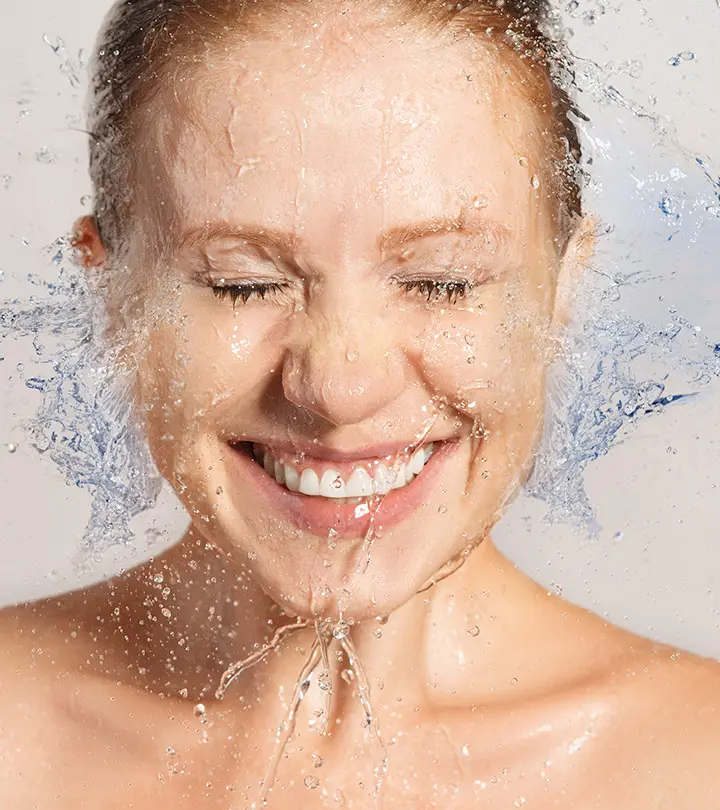
Image: Shutterstock
After a long day at work, your skin care regimen almost definitely includes cleansing with a facial cleanser. Cleansing is important to rid your skin of dirt and pollution and allow it to breathe. The more you tend to neglect this basic step, the more skin issues you will develop. If you do not want to use chemical-based or commercial cleansers, head to your kitchen and make use of natural, everyday ingredients to cleanse your face. Here are eight natural cleansers that can make your skin soft, smooth, and radiant.

In This Article
Top 9 Natural Cleansers For Clear Skin
There are so many ancient homemade organic skincare remedies that help you get clean, glowing skin. Marianna Blyumin-Karasik, a board-certified dermatologist, says, “Rose water mists and toners are good short-term refreshers to mildly cleanse the skin while balancing the pH and hydrating the skin. The other benefit of rose water is to reduce skin redness and irritation and provides natural aromatherapy to amplify the sensual aspect of skin care.”
She adds, “Besan or gram flour is a well known Ayurvedic natural skin ingredient with many skin-boosting properties. One of the integral benefits is removing skin impurities while enhancing exfoliation.”
Note: Different skin types require different ingredients for optimal cleansing and care. For instance, if you have dry skin, moisturizing ingredients like yogurt and coconut oil help. For oily and acne-prone skin, ingredients with antibacterial properties, such as turmeric, are preferred. Lastly, for sensitive skin, consider mild options like milk and cucumber. Also, you should always perform a patch test to avoid allergic reactions.
Let’s take a look at the best natural cleansers for clear skin.
1. Chickpea Powder And Turmeric
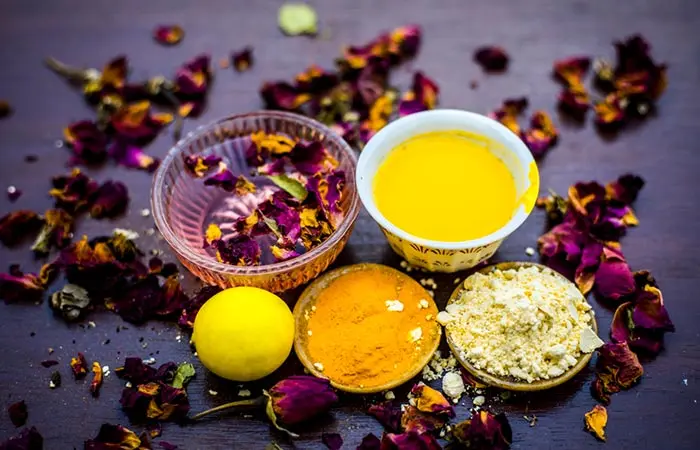
Chickpea flour has been traditionally used as a base for skin purifying face packs. The antioxidant and antimicrobial properties of turmeric powder can help lighten any dark spots on your face, boost acne treatment, and leave your skin feeling cleansed and fresh. A 2016 systematic review in Phytotherapy Research analyzed 18 clinical studies on the effects of turmeric (Curcuma longa) and its active compound, curcumin, on skin health. The review found that topical and oral turmeric treatments showed potential benefits for acne, alopecia, dermatitis, aging skin, psoriasis, vitiligo, and other skin conditions. Importantly, out of the 18 studies, 10 reported significant improvements in skin disease severity with turmeric/curcumin use, showcasing its efficacy (1).
You Will Need
- 2 tablespoons of chickpea powder
- 1 teaspoon of turmeric powder
- Milk
What You Have To Do
- Make a paste using the ingredients listed above and apply it to your face and neck.
- Leave it on for about 20 minutes and wash off thoroughly with water.
How Often Should You Do This
Do this at least twice a week.
2. Milk
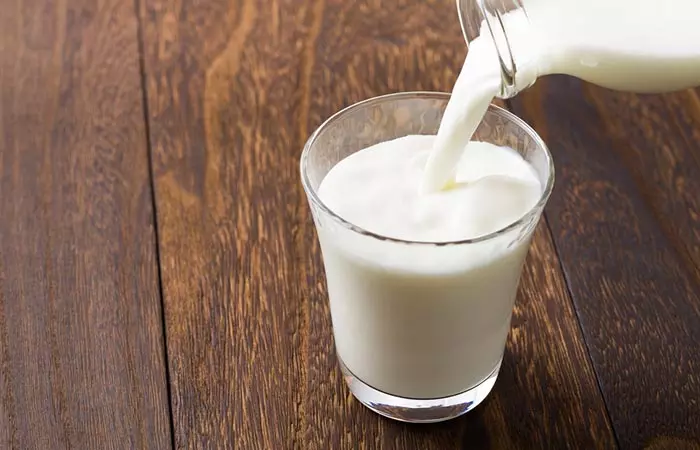
Milk is an effective facial cleanser and makes your skin soft. It contains compounds that can improve skin barrier function. A 2015 study in the Journal of Dermatological Science investigated the effects of dietary milk phospholipids (MPLs) on skin barrier function in hairless mice. The research found that MPLs improved dry skin, increased ceramides, and reduced inflammation markers, such as TARC, TSLP, and immunoglobulin-E levels. These findings suggest that MPLs may enhance skin hydration and strengthen the epidermal barrier, potentially benefiting individuals with dry or sensitive skin (2). This homemade face wash, in turn, improves skin radiance and overall skin health.
You Will Need
- Salt
- Milk
What You Have To Do
- Make a facial cleanser using milk and salt.
- Apply this to your face and neck using a cotton ball.
How Often Should You Do This
You can do this once or twice a week.
 Quick Tip
Quick Tip3. Cucumber And Curd
Curd soothes the skin. The bioactive compounds in cucumber can help eliminate age spots and blemishes and provide skin rejuvenation. A 2011 study explored the effects of a 3% cucumber extract (Cucumis sativus) cream on skin parameters over four weeks. The study found that the formulation showed a statistically significant reduction in sebum secretion (3). This can leave your skin feeling moisturized and healthy.
You Will Need
- Fresh cucumber
- 2-3 tablespoons of curd
What You Have To Do
- Blend the cucumber and
- add a few tablespoons of curd to form a thick paste.
- Apply this paste to your face and neck and leave it on for 10 minutes.
- Wash it off with plain water.
How Often Should You Do This
Apply this paste once or twice a week.
4. Honey
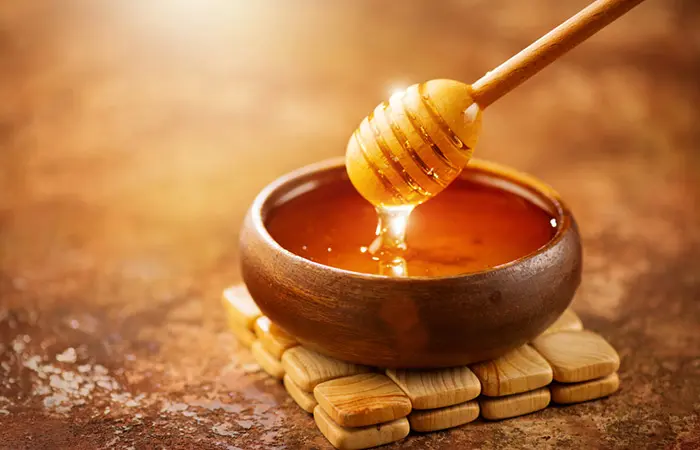
Honey exhibits emollient, humectant, and soothing effects. It not only provides skin hydration and slows down wrinkle formation but also regulates your skin’s pH (4). This makes your skin look young and glowing.
You Will Need
- Fresh milk
- 2-3 teaspoons of honey
What You Have To Do
- Make a thick paste by mixing milk and honey.
- Apply this paste to your face and neck.
- Leave it on for 30 seconds and scrub your skin lightly.
- Pat your face and neck dry.
How Often Should You Do This
You can use this cleanser 2-3 times a week.
5. Oatmeal Facial Cleanser
Colloidal oatmeal is an amazing facial cleanser. It possesses antioxidant and anti-inflammatory properties that help eliminate the dryness of the skin (5). It is an effective home remedies for beautiful skin.
You Will Need
- 1 tablespoon of buttermilk
- 1 tablespoon of oatmeal
- Honey
What You Have To Do
- Make a fine paste by mixing all the ingredients.
- Apply this paste to your face and neck and scrub gently in circular motions.
- Wash off with plain water.
How Often Should You Do This
Do this once a week for clear skin.
6. Coconut Oil
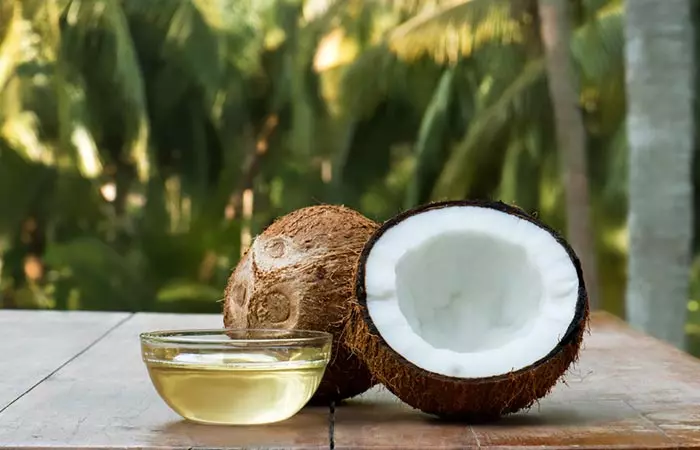
Coconut oil contains lauric acid and possesses moisturizing properties, thereby eliminating dryness of skin and promoting clearer-looking skin (6). The oil can also help you with makeup removal and double cleansing if you do not want to use micellar water.
You Will Need
- 1 teaspoon virgin coconut oil
- 1 teaspoon honey
- 1 teaspoon yogurt
What You Have To Do
- Mix all the ingredients to get a thick mixture.
- Apply it to your face and leave it on for about 15 minutes.
- Rinse off thoroughly.
How Often Should You Do This
Do this 2-3 times a week.
 Quick Tip
Quick Tip7. Yogurt
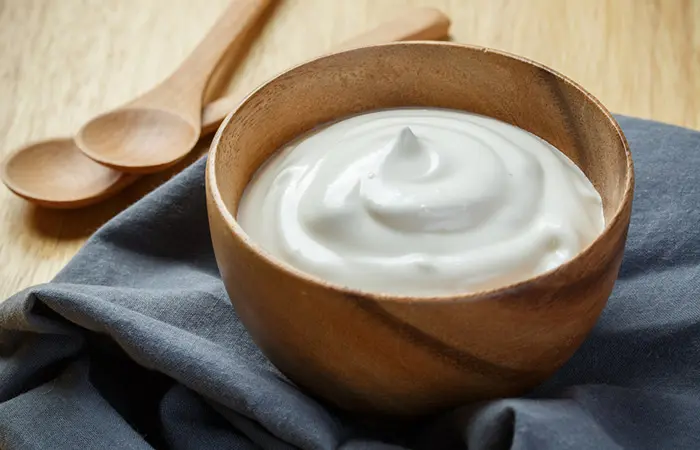
Yogurt contains lactic acid that helps with skin brightening, moisturizes your skin, and helps alleviate dry and dull skin (7).
You Will Need
- 1-2 tablespoons of yogurt
- 1 tablespoon of honey
- 1 teaspoon of lemon juice
What You Have To Do
- Mix yogurt, honey, and lemon juice in a bowl.
- Apply the mixture to your face and neck.
- Rinse your face after 15-20 minutes.
How Often Should You Do This
You can do this once a week.
8. Lemon
Lemon contains ascorbic acid that, as research shows, can help eliminate excessive pigmentation and blemishes from your face (8). This improves your complexion and makes your skin clearer.
You Will Need
- 1 ripe lemon
- Cotton pad
What You Have To Do
- Extract the juice from a lemon and dab a cotton pad with it.
- Apply this to your face and neck and leave it on for 10 minutes.
- Rinse thoroughly with water.
How Often Should You Do This
You can do this 1-2 times a week.
Caution: Do a patch test before trying this remedy as lemon might irritate the skin. Also, do not step out without applying sunscreen as lemon juice makes your skin photosensitive.
9. Apple Cider Vinegar
Apple cider vinegar has antimicrobial properties and contains acetic and malic acids (9). Research suggests that acetic acid has a low pH and may help inhibit bacterial growth (10). Malic acid, on the other hand, is known for its exfoliating properties (11).
You Will Need
- 1 tablespoon of apple cider vinegar
- 4 tablespoons of water
- 1 cotton ball
What You Have To Do
- Mix the apple cider vinegar with water to create a diluted solution.
- Dip a clean cotton ball in it and gently apply it all over your face and neck.
- Leave it on for 5 minutes.
- Rinse it off with warm water and pat dry.
How Often Should You Do This
You can do this 1-2 times a week.
Caution: Always perform a patch test before using any apple cider vinegar face cleanser as it may irritate the skin.
Aloe vera is another natural ingredient with skin benefiting properties. Marianna Blyumin-Karasik, a board-certified dermatologist, says, “Aloe vera is an excellent botanical skin care ingredient integrated into many skin cleansers. It has cooling, soothing, and healing skin benefits, and as a skin adaptogen, it enhances skin balance and brilliance.”
Doro Cubillo, a beauty and lifestyle vlogger, tried cleansing her face with oil and found incredible results. Her skin became softer and shinier than before. She says, “I really like the results, my skin looks very clean and it feels very glowy (i).”
Note: After using any of these natural cleansers, do not skip out on post-cleansing care. Once you cleanse your skin, you should apply a moisturizer that suits your skin type. It will help lock in moisture and prevent your skin from drying out. Additionally, do not forget to protect your skin with a broad-spectrum sunscreen during the day. This simple routine will nourish your skin and keep it healthy and glowing.
Key Takeaways
- Cleansing is essential to get rid of makeup, oil, debris, and pollution from your skin.
- Chickpea flour and turmeric powder make an effective face pack to bring out your natural glow due to its
- antioxidant and antimicrobial properties.
- Honey is a natural emollient, and humectant that may soothe the skin and delay premature aging
- Coconut oil may moisturize and clear the skin.
- Oatmeal and honey combined make a mild exfoliating scrub that may lessen dryness.
Infographic: DIY Cleansers For Healthy-Looking Skin
Do store-bought foaming cleansers not work for your skin type? Why not create your own natural face wash, then? These cleansers are made with natural ingredients that offer many benefits to your skin. And, they are easy to create!
Check out the infographic below for some natural cleansers that will leave your skin glowing and smooth.
Some thing wrong with infographic shortcode. please verify shortcode syntax
Cleansing is an integral part of any skincare routine. Minus the cleansing, facial pores accumulate dirt, grime, and product residue and get clogged or enlarged. There are several natural cleansers for clear skin that you may opt for if you are averse to chemical-laden or commercialized products. Most of these ingredients are kitchen staples and work efficiently to cleanse the skin and prep it for skin toning and moisturization gently. The most popular options are a paste made from chickpea powder and turmeric, honey, oatmeal, milk, cucumber, yogurt, coconut oil, and lemon for keeping the skin supple and clean.
Frequently Asked Questions
How do you flush toxins from your face?
You can do this by cleansing and exfoliating your face regularly. You can also use any of the remedies mentioned above to make sure your skin is always fresh and healthy.
Should I wash my face with soap or just water?
Washing your face with soap ensures better removal of impurities. However, excessive use of soaps can strip your skin of the natural moisture and oils. Moderation is key.
What should we apply on our face before bed?
You can apply a light moisturizer that is non-comedogenic. It should moisturize your skin without clogging the pores. Instead of rubbing the moisturizer, use your fingertips and knuckles to do a simple facial massage to help it get absorbed into the skin.
When should I cleanse my face?
You should wash your face twice a day, once in the morning and once at night, to remove all the dirt and grime that has accumulated over the day. However, if you are not up for it, you can wash your face once a day in the evening.
What is the difference between face wash and cleanser?
Both a face wash and a cleanser help cleanse your skin. However, a face wash is foamy and deeply cleanses your pores, while a cleanser has a creamy, gel, or watery texture that helps dissolve any excess grime or dirt from your face.
Which is better: soap or cleanser?
A cleanser is better because it is gentler on your face than a soap (which is harsh and can strip your skin of its natural oils).
Is rose water a cleanser?
Yes, rose water is considered a cleanser due to its anti-inflammatory and antioxidant properties that protect the skin against free radicals and reduce acne (12), (13).
What comes first after cleanser?
A moisturizer must come first after a cleanser to keep your skin hydrated and healthy. At night, you can also use a toner or serum before it for extra skin nourishment.
Illustration: Natural Cleansers For Clear Skin
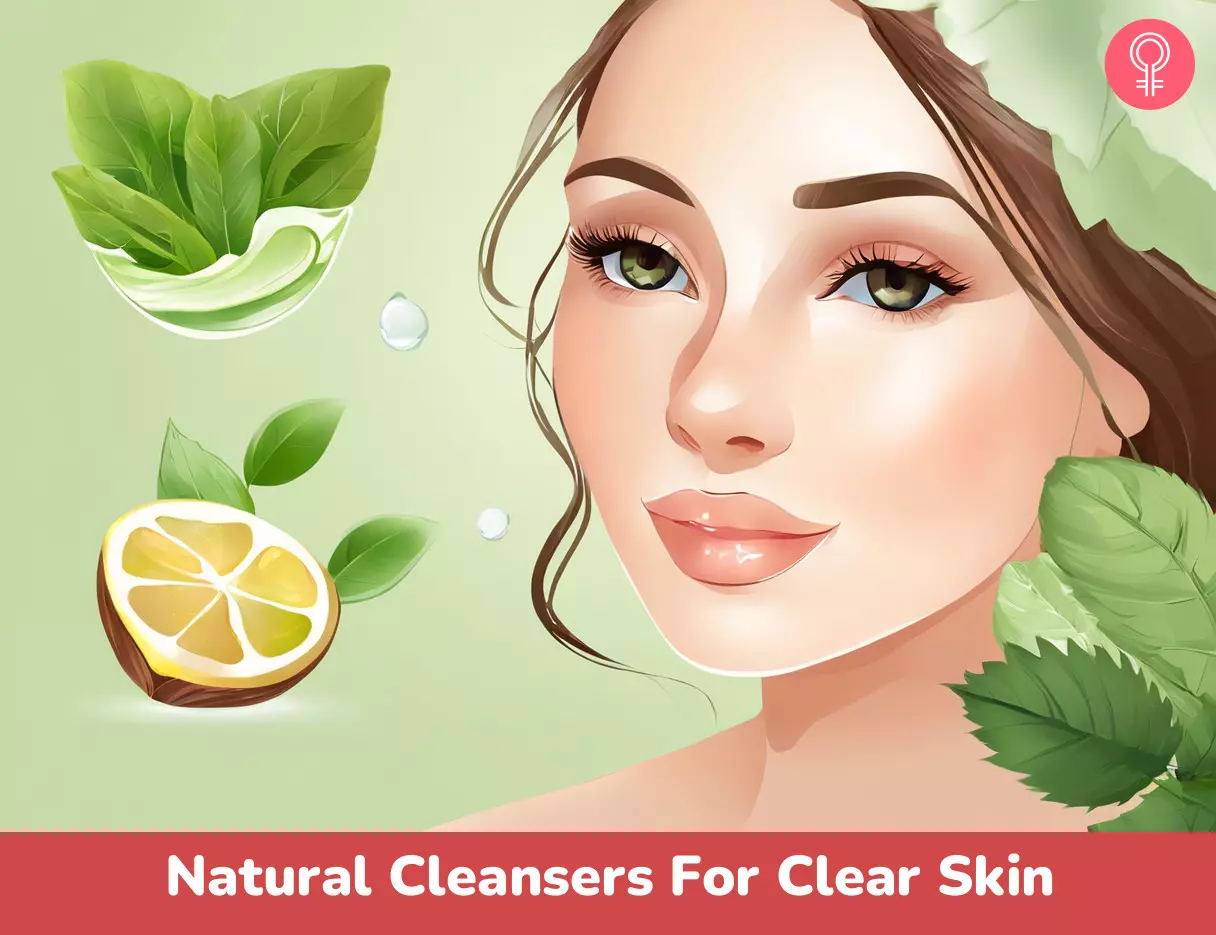
Image: Stable Diffusion/StyleCraze Design Team
Discover how to cleanse your face using only water! Check out this video to learn how to keep your skin feeling fresh and clean without using harsh chemicals.
Personal Experience: Source
StyleCraze's articles are interwoven with authentic personal narratives that provide depth and resonance to our content. Below are the sources of the personal accounts referenced in this article.
i. I tried oil cleansing for 30 minutes & this happened!https://www.youtube.com/watch?v=PYsNBjv7U2U
References
Articles on StyleCraze are backed by verified information from peer-reviewed and academic research papers, reputed organizations, research institutions, and medical associations to ensure accuracy and relevance. Read our editorial policy to learn more.
- Effects of Turmeric (Curcuma longa) on Skin Health: A Systematic Review of the Clinical Evidence.’, Phytotherapy Research, US National Library of Medicine, National Institutes of Health.
https://pubmed.ncbi.nlm.nih.gov/27213821/ - A novel mechanism for improvement of dry skin by dietary milk phospholipids: Effect on epidermal covalently bound ceramides and skin inflammation in hairless mice, Journal of Dermatological Science, US National Library of Medicine, National Institutes of Health.
https://pubmed.ncbi.nlm.nih.gov/25816721/ - Exploring cucumber extract for skin rejuvenation, African Journal of Biotechnology.
https://academicjournals.org/article/article1380726732_Akhtar%2520et%2520al.pdf - Honey in dermatology and skin care: a review. Journal of Cosmetic Dermatology, PubMed
https://pubmed.ncbi.nlm.nih.gov/24305429/ - Anti-inflammatory activities of colloidal oatmeal (Avena sativa) contribute to the effectiveness of oats in treatment of itch associated with dry, irritated skin, Journal of Drugs in Dermatology, US National Library of Medicine, National Institutes of Health.
https://pubmed.ncbi.nlm.nih.gov/25607907/ - Anti-aging Effects of Select Botanicals: Scientific Evidence and Current Trends, MDPI.
https://www.mdpi.com/2079-9284/5/3/54 - New lactic acid bacteria for skin health via oral intake of heat‐killed or live cells, Animal Science Journal, US National Library of Medicine, National Institutes of Health.
https://www.ncbi.nlm.nih.gov/pmc/articles/PMC6001785/ - Topical Vitamin C and the Skin: Mechanisms of Action and Clinical Applications, The Journal of Clinical and Aesthetic Dermatology, US National Library of Medicine, National Institutes of Health.
https://www.ncbi.nlm.nih.gov/pmc/articles/PMC5605218/ - Multifunctional nutraceutical composition based on fermented spirulina, apple cider vinegar, Jerusalem artichoke, and bovine colostrum, US National Library of Medicine, National Institutes of Health.
https://www.ncbi.nlm.nih.gov/pmc/articles/PMC10138001/ - Antibiofilm properties of acetic acid, US National Library of Medicine, National Institutes of Health.
https://www.ncbi.nlm.nih.gov/pmc/articles/PMC4486441/ - dl-Malic acid as a component of α-hydroxy acids: effect on 2,4-dinitrochlorobenzene-induced inflammation in atopic dermatitis-like skin lesions in vitro and in vivo, US National Library of Medicine, National Institutes of Health.
https://pubmed.ncbi.nlm.nih.gov/31645147/ - PREPARATION AND EVALUATION OF HERBAL ANTI –ACNE FACE PACK
https://wjpr.s3.ap-south-1.amazonaws.com/article_issue/1496226010.pdf - Assessment of Rose Water and Evaluation of Antioxidant and Anti-inflammatory Properties of a Rose Water Based Cream Formulation
https://www.researchgate.net/publication/331906604_Assessment_of_Rose_Water_and_Evaluation_of_Antioxidant_and_Anti-inflammatory_Properties_of_a_Rose_Water_Based_Cream_Formulation
- Effects of Turmeric (Curcuma longa) on Skin Health: A Systematic Review of the Clinical Evidence.’, Phytotherapy Research, US National Library of Medicine, National Institutes of Health.
- Effects of Turmeric (Curcuma longa) on Skin Health: A Systematic Review of the Clinical Evidence.’, Phytotherapy Research, US National Library of Medicine, National Institutes of Health.
https://pubmed.ncbi.nlm.nih.gov/27213821/ - A novel mechanism for improvement of dry skin by dietary milk phospholipids: Effect on epidermal covalently bound ceramides and skin inflammation in hairless mice, Journal of Dermatological Science, US National Library of Medicine, National Institutes of Health.
https://pubmed.ncbi.nlm.nih.gov/25816721/ - Exploring cucumber extract for skin rejuvenation, African Journal of Biotechnology.
https://academicjournals.org/article/article1380726732_Akhtar%2520et%2520al.pdf - Honey in dermatology and skin care: a review. Journal of Cosmetic Dermatology, PubMed
https://pubmed.ncbi.nlm.nih.gov/24305429/ - Anti-inflammatory activities of colloidal oatmeal (Avena sativa) contribute to the effectiveness of oats in treatment of itch associated with dry, irritated skin, Journal of Drugs in Dermatology, US National Library of Medicine, National Institutes of Health.
https://pubmed.ncbi.nlm.nih.gov/25607907/ - Anti-aging Effects of Select Botanicals: Scientific Evidence and Current Trends, MDPI.
https://www.mdpi.com/2079-9284/5/3/54 - New lactic acid bacteria for skin health via oral intake of heat‐killed or live cells, Animal Science Journal, US National Library of Medicine, National Institutes of Health.
https://www.ncbi.nlm.nih.gov/pmc/articles/PMC6001785/ - Topical Vitamin C and the Skin: Mechanisms of Action and Clinical Applications, The Journal of Clinical and Aesthetic Dermatology, US National Library of Medicine, National Institutes of Health.
https://www.ncbi.nlm.nih.gov/pmc/articles/PMC5605218/ - Multifunctional nutraceutical composition based on fermented spirulina, apple cider vinegar, Jerusalem artichoke, and bovine colostrum, US National Library of Medicine, National Institutes of Health.
https://www.ncbi.nlm.nih.gov/pmc/articles/PMC10138001/ - Antibiofilm properties of acetic acid, US National Library of Medicine, National Institutes of Health.
https://www.ncbi.nlm.nih.gov/pmc/articles/PMC4486441/ - dl-Malic acid as a component of α-hydroxy acids: effect on 2,4-dinitrochlorobenzene-induced inflammation in atopic dermatitis-like skin lesions in vitro and in vivo, US National Library of Medicine, National Institutes of Health.
https://pubmed.ncbi.nlm.nih.gov/31645147/ - PREPARATION AND EVALUATION OF HERBAL ANTI –ACNE FACE PACK
https://wjpr.s3.ap-south-1.amazonaws.com/article_issue/1496226010.pdf - Assessment of Rose Water and Evaluation of Antioxidant and Anti-inflammatory Properties of a Rose Water Based Cream Formulation
https://www.researchgate.net/publication/331906604_Assessment_of_Rose_Water_and_Evaluation_of_Antioxidant_and_Anti-inflammatory_Properties_of_a_Rose_Water_Based_Cream_Formulation
Read full bio of Dr. Zeel Gandhi
- Dr. Marianna Blyumin-Karasik, MD, FAAD, practices cosmetic, medical and surgical dermatology. As a board-certified dermatologist, she takes care of variety of skin conditions. She is also a cosmetic expert in many skin procedures, including acne treatment and scars correction, skin cancer removal, neurotoxins (Botox, Dysport), fillers, laser and energy procedures, and others.
 Dr. Marianna Blyumin-Karasik, MD, FAAD, practices cosmetic, medical and surgical dermatology. As a board-certified dermatologist, she takes care of variety of skin conditions. She is also a cosmetic expert in many skin procedures, including acne treatment and scars correction, skin cancer removal, neurotoxins (Botox, Dysport), fillers, laser and energy procedures, and others.
Dr. Marianna Blyumin-Karasik, MD, FAAD, practices cosmetic, medical and surgical dermatology. As a board-certified dermatologist, she takes care of variety of skin conditions. She is also a cosmetic expert in many skin procedures, including acne treatment and scars correction, skin cancer removal, neurotoxins (Botox, Dysport), fillers, laser and energy procedures, and others.
Read full bio of Shaheen Naser
Read full bio of Anjali Sayee
Read full bio of Swathi E






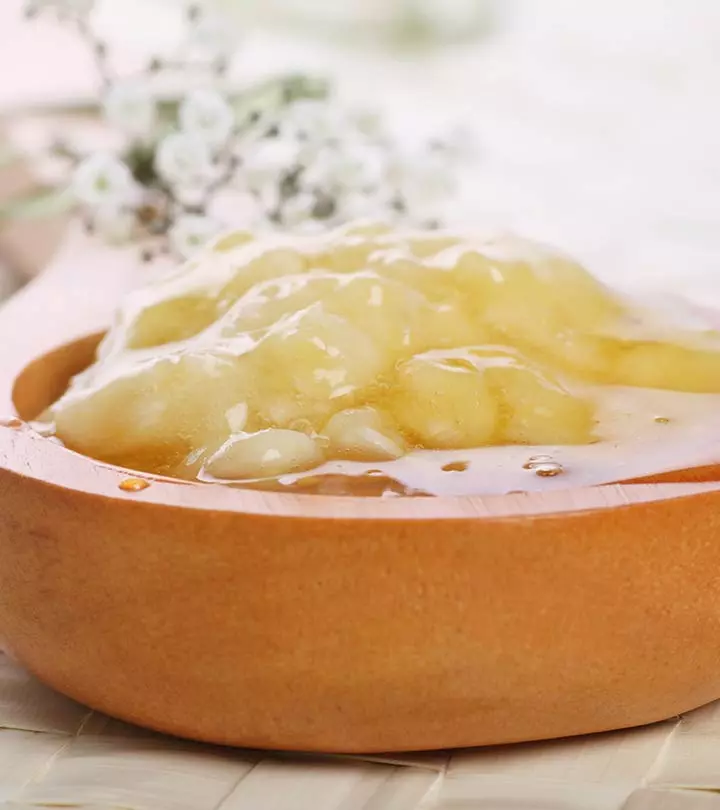


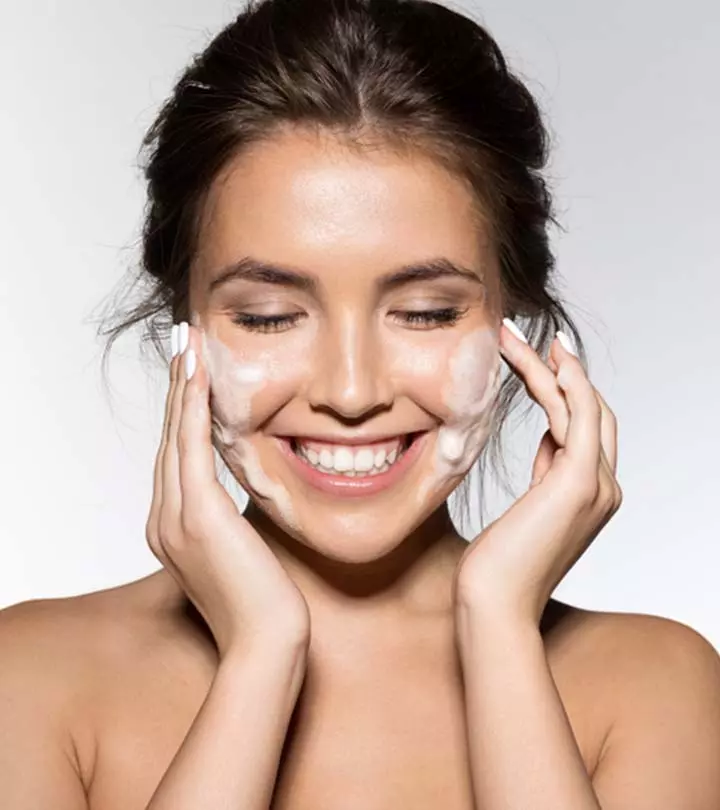


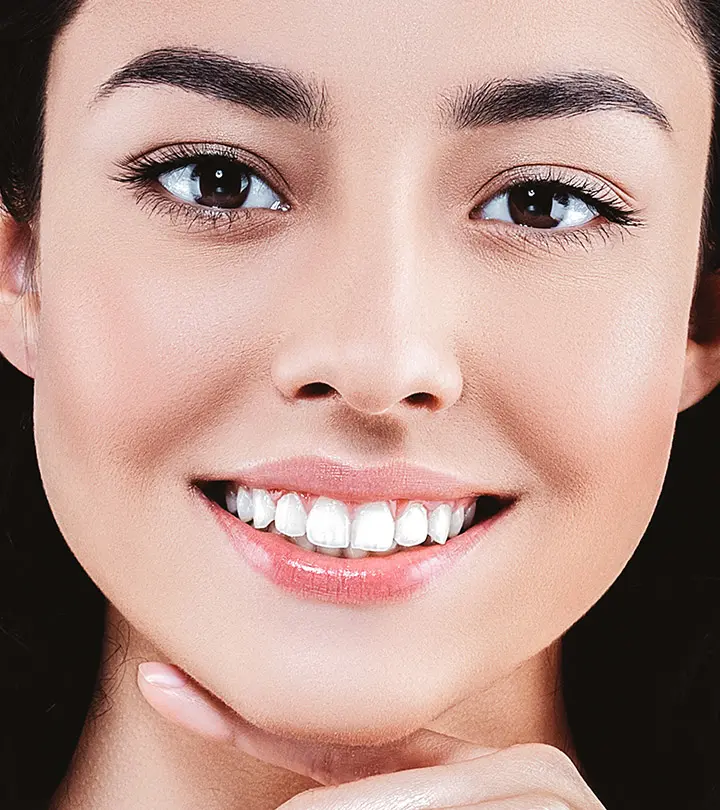


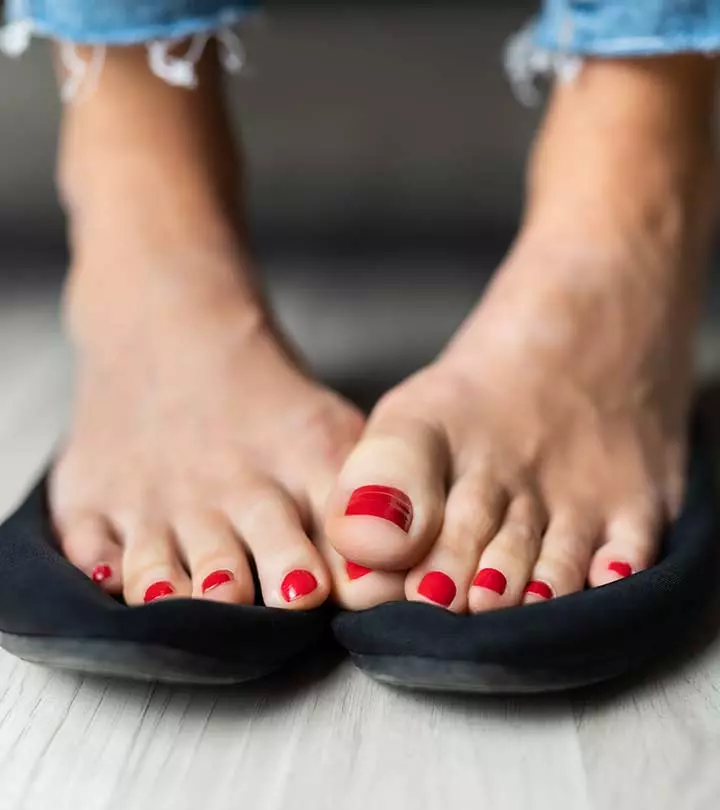
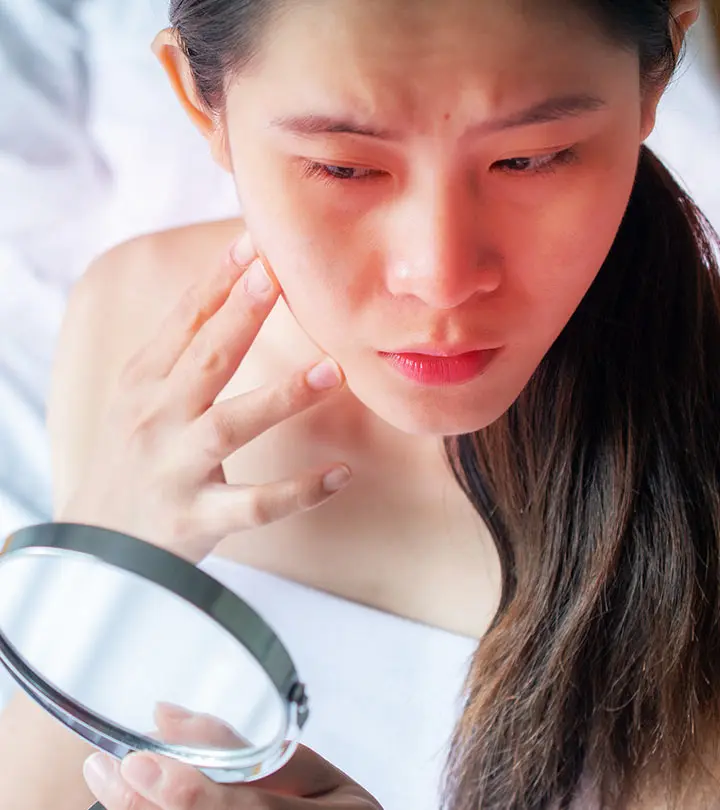


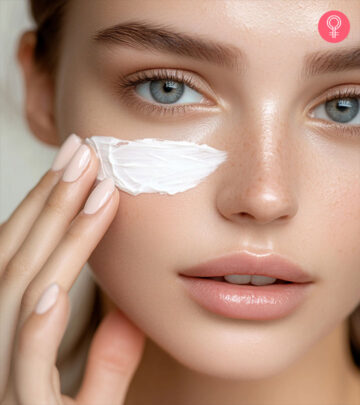
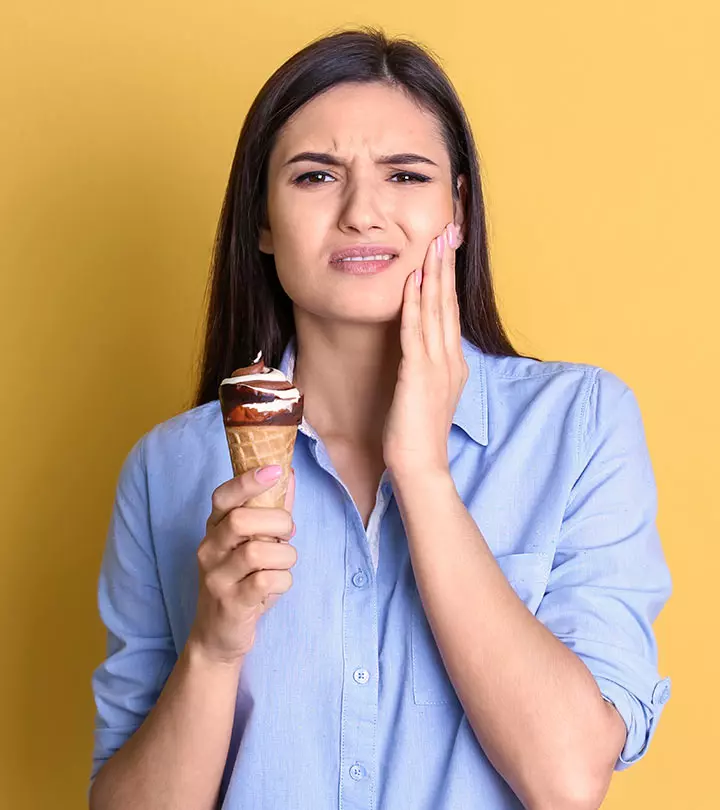
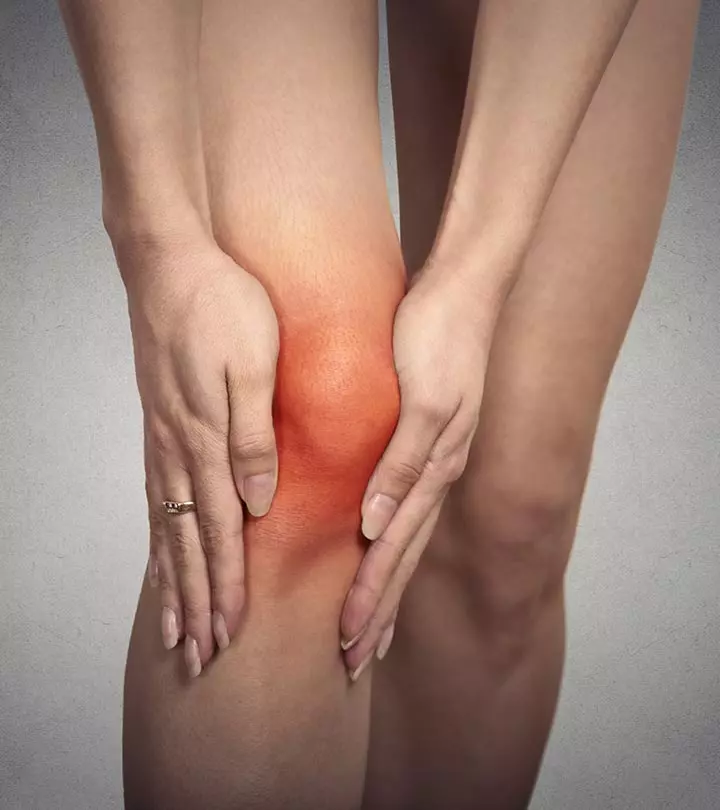




Community Experiences
Join the conversation and become a part of our empowering community! Share your stories, experiences, and insights to connect with other beauty, lifestyle, and health enthusiasts.